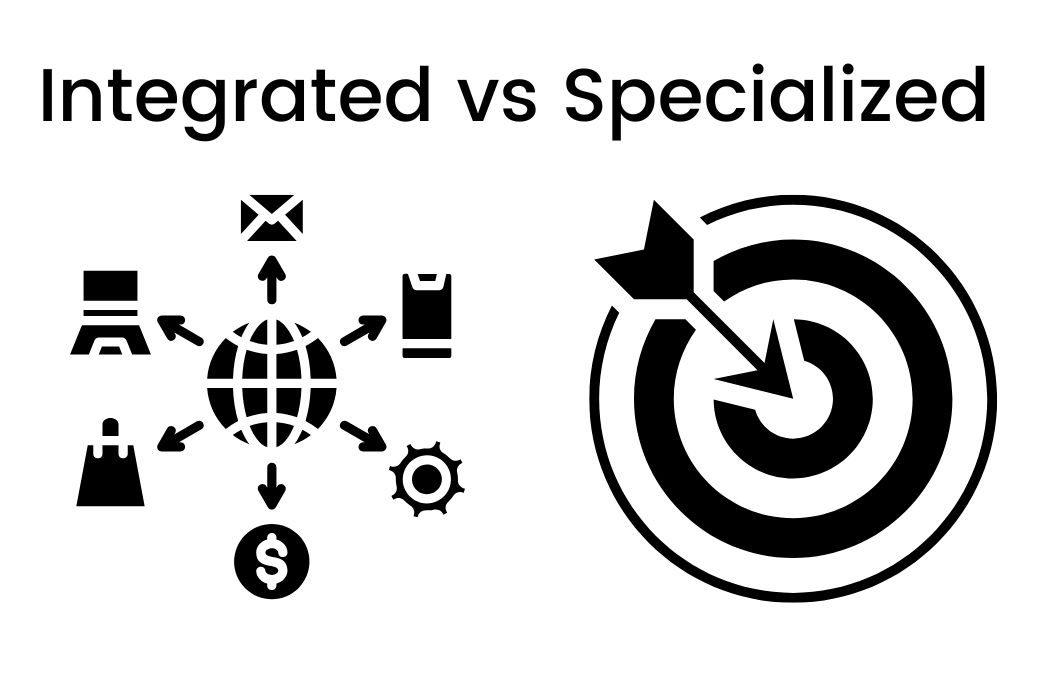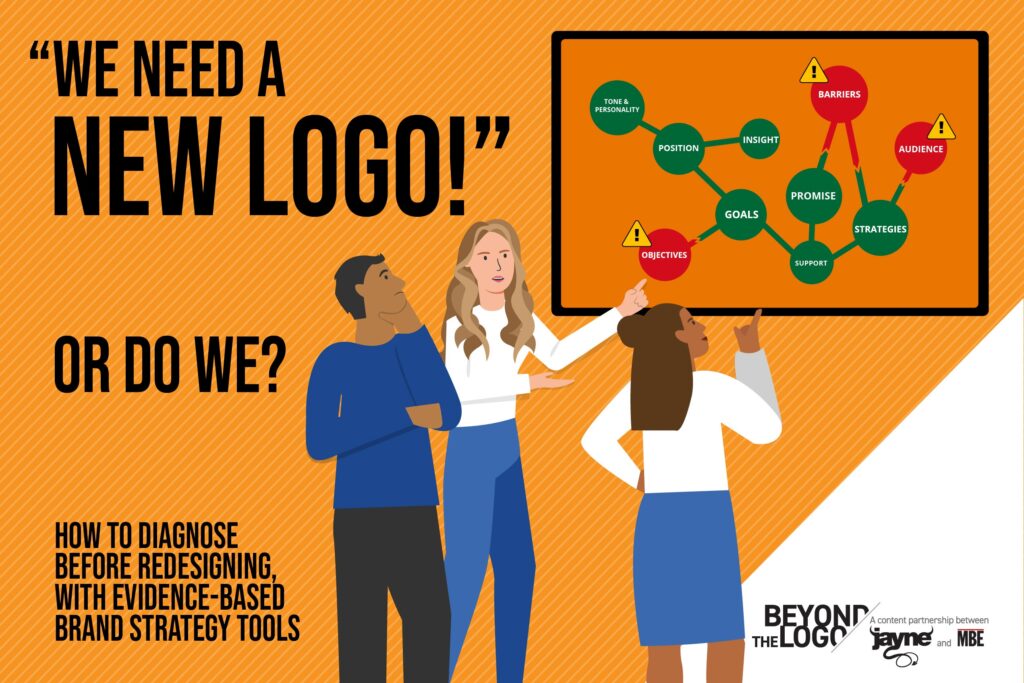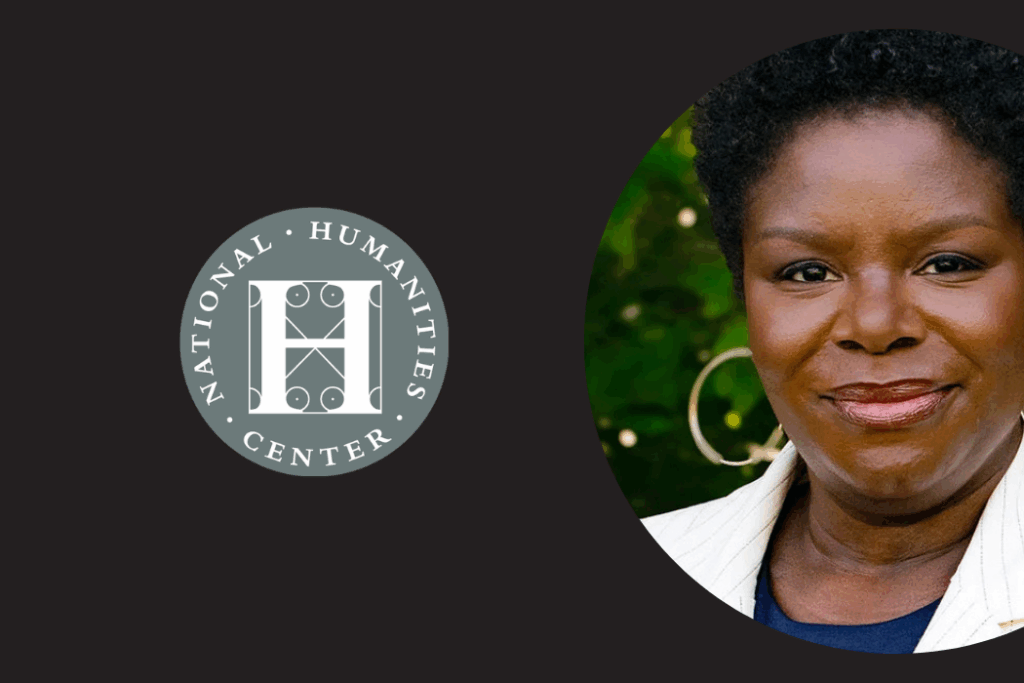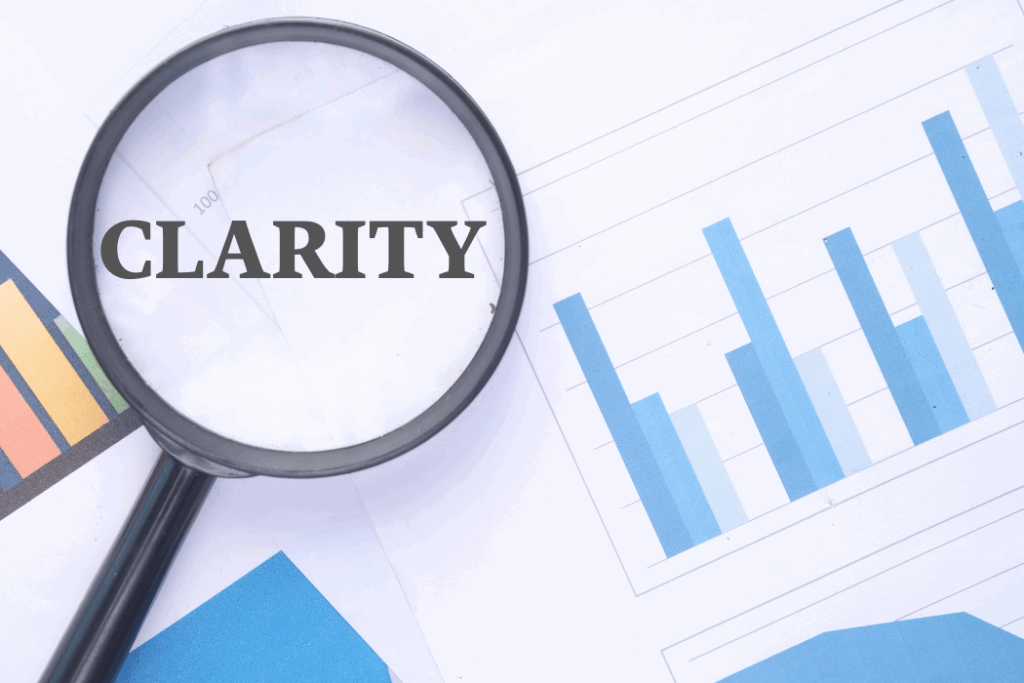
Media consumption has undergone a massive shift in terms of which content (news, advertising, entertainment) is consumed on which platforms (television, social media, websites). Numerous means exist for reaching a targeted audience. Against this backdrop, marketers must remain vigilant about how to optimize their messaging for specific audiences across a broad spectrum of mediums. That’s easier said than done.
One integrated marketing agency can do that for your organization, or you can do that in partnership with a handful of specialized agencies. Regardless of how your organization allocates its marketing spend, there’s still a need to integrate it all under a unified strategy. The process of choosing between a specialized agency (who executes a designated portion of your campaign tied to their area of expertise) and an integrated agency (who executes and integrates a diversified campaign on your behalf) requires care. Avoiding the pitfalls of the wrong choice can save your business time and money upfront—and result in both a short- and long-term payoff via measurable ROI.
A closer look is needed at what integrated and specialized agencies can and can’t do, and why there’s no one-size-fits-all answer to the question of which is the better choice.
Understanding integrated vs. specialized agencies
An integrated agency’s approach involves marketing by any method necessary to deliver a client’s desired results. Recognizing that the landscape is diverse and fragmented, they pull from a big toolbox to reach the intended audiences in a coordinated set of interactions. The integrated agency’s job is to be aware of the best means for reaching specific audiences and pick the right tools.
Some, most, or all of the personnel responsible for the individual facets of a multimedia marketing campaign might be in-house employees of the integrated agency. Others might subcontract on an as-needed basis. Either way, the process looks the same: your organization contracts with the integrated agency, who executes the campaign from strategy positioning to execution.
Specialized agencies, by contrast, do not pull from a big toolbox. Their personnel specialize in specific forms of marketing — email, social media, SEO, media — and focus on that branch of the campaign. When contracting with a specialized agency, the process looks different: integrating the various facets of a campaign is often the client’s job, not the agency’s. The expectation is that each selected partner has depth of experience that will facilitate efficiency and quality in their specific effort.
It is the client’s job to determine which tools are needed to achieve the desired result, and to hire the best personnel to execute on the plan. Clients are also responsible for creating clarity and connection among its goals, resources, and outcomes. Whether they operate collaboratively or work with partners in isolation, clients bear greater responsibility to help outside partners visualize the broader picture.
Globally, the specialized-to-integrated agency ratio is roughly 1-to-1. But this might change over time. Specialists in email marketing did not exist 30 years ago; specialists in social media marketing arose in the last 15 years. Something will arise in the next 15 years that does not exist today. As the science of marketing evolves and the number of popular mediums expands, expect specialty marketers to proliferate further.
Risks in choosing integrated vs. specialized agencies
Both approaches to outsourcing marketing campaigns invite risk.
An integrated agency promises the ability to draw from a full toolbox, and know which tools are appropriate for the job. Each of the following issues can thwart their best intentions:
- One or more tools are weaker than the others. All the tools are there, but not all are necessarily equal to the task at hand. An integrated agency might be able to execute a social media and email campaign, for example, but one delivers more consistent results than the other.
- One necessary tool might be missing, but they don’t realize it. The integrated agency might not be facile with print advertising, for example, but might not consider that a problem for the job at hand. That could be a miscalculation if the ROI on the print campaign justifies the effort necessary.
- One step in the process falls short. The integrated agency must be able to conceive, integrate, and execute a holistic campaign. Each of those steps invites the potential for missteps. Even choosing good tools, and the most appropriate tools for the job, cannot overcome a misstep early in the conception process.
A specialized agency avoids each of these issues in its own way. They must execute a plan conceived by their client; they need not integrate it with other components of the client’s marketing plan. They don’t have to shuffle between multiple tools; rather, they specialize in one marketing tool only. And if that one tool is weak in the client’s estimation, the specialized agency won’t (or shouldn’t) get the job in the first place.
When hiring a specialized agency, most of the risk lies on the hiring organization’s end. In either case, you should be able to discern your needs, and the marketing agency should be able to discern yours. If you don’t know what you’re looking for, you might struggle to find it.
Choosing to partner with an integrated or specialized agency
Some organizations will be better served by partnering with an integrated agency. Others will prefer a specialized agency, particularly when their marketing needs are narrower or the campaign is more clearly defined. A few factors worth considering:
- Regulations in the European Union and California restrict how online advertisements can target users. Marketers who are unaware of these regulations — an agency with little experience in online marketing campaigns, perhaps — can easily overstep boundaries.
- Sometimes the product at hand will self-select the kind of agency you partner with. What’s the motivation of someone looking to invest in an inherently exclusive product, like a million-dollar yacht or a giant piece of farming equipment? If I assume their reasons for buying a product are similar to different kinds of consumers, my messaging might miss the mark.
- Some industries are more highly regulated than others — finance and healthcare, for example — around how marketers are able to target potential customers with ads. Not knowing these regulations could risk penalty under law.
In each case, a business must scrutinize a potential partner’s portfolio, carefully vetting whether their history suggests they are up to the task at hand. When requesting a proposal, include a checklist, then advance to more specific and granular conversations only if all the boxes are checked. Performing this due diligence upfront will help clarify whether a specialized or integrated agency is better suited for the job, and which agency suits your needs.













